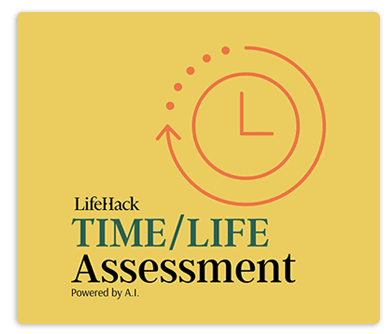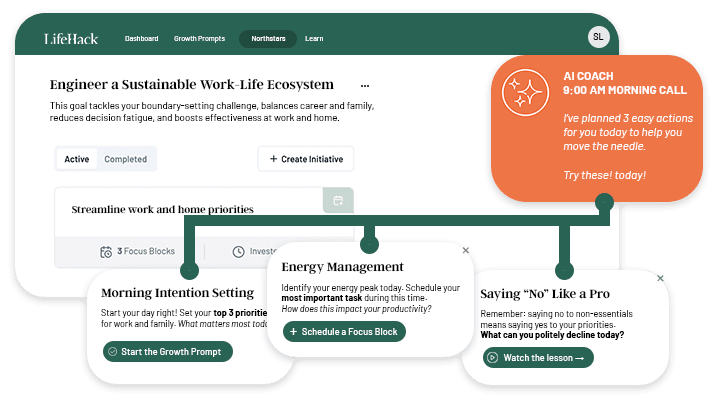Are you one of those people who can’t start the day without a cup of Joe?
Caffeine is the world’s most used (and often abused) pharmacological drugs and while it does have some positive impact on focus, improving memory and detoxifying the liver, long-term exposure may be doing you more harm than good.
It’s Not Just The Coffee
This would be our main source of caffeine but with the explosion of energy drinks and general soda consumption, especially in diet form, we have exposed ourselves to too much of it and this is where problems arise. Similar to Keeping Up With The Kardashians it seems smart to start limiting our exposure to it..
Here are some of the issues that caffeine can cause with your health:
1. Caffeine Consumption May Raise Blood Pressure
This happened in people who already suffered high blood pressure and those who did not. The American Journal Of Hypertension observed that people with hypertension who were given 250mg of caffeine had elevated blood pressure for 2-3 hours after given the caffeine. This is startling because high blood pressure can lead to severe health effects and immediate problems such as dizziness.
2. Caffeine Can Cause Incontinence
This comes from the University Of Alabama and it showed that woman who consume a lot of caffeine are 70% more likely to develop incontinence.
3. Doses Of 750mg And Over Can Produce A Reaction Similar To An Anxiety Attack
750mg is around 7 cups of coffee and might seem like a lot to you but there are many people that consume that much on a daily basis. Anxiety-like symptoms can arise in people who don’t suffer from the affliction from consuming caffeine. For those who do suffer from panic attacks and social phobias, their sensitivity to caffeine is increased.
4. Caffeine Negatively Impacts Sleep
Those who don’t regularly consume caffeine will notice greater difficulty in falling asleep than that of others. Those who do regularly consume caffeine still will experience sleep disruptions but might become use to sleeping for shorter periods of time. They get so used to the disruptions that their perception of disturbed sleep becomes harder for them to identify.
Studies show that one strong cup of coffee consumed 30-60 minutes before sleeping can cause restlessness, difficulty falling asleep, increased body movements and a decreased quality of sleep.
5. Coffee Can Cause Heartburn
In some people, coffee has the ability to relax the sphincter muscles at the lower end of the esophagus. This allows stomach contents to “back up” into the esophagus and this is what we call heartburn. This is a painful condition that limits your ability to enjoy meals!
6. Caffeine Can Cause Rapid Heartbeat
A normal heartbeat is around 60-100 beats per minute. When it starts getting up over 100 beats per minute this is called tachycardia. Other things can contribute to this such as nicotine, stress and anxiety but caffeine is one of the main causes of it.
7. Caffeine Can Cause Indigestion
This is a pretty common occurrence for those who consume caffeine regardless of the source. An upset stomach and indigestion are usually reported from the consumption of caffeine. The condition is aggravated from consuming it on an empty stomach which most people do with coffee.
8. Caffeine Can Lead To Ulcers
Some of those ulcers you have may be from the stress of avoiding Game Of Thrones spoilers but the rest may come from coffee. Caffeine can cause the secretion of both pepsin and acid in the stomach which can agitate already existing ulcers.
9. Caffeine Can Cause Headaches
This is probably one of the most studied aspects of caffeine. There are some benefits from smaller amounts of caffeine and occasional dosages relieving headaches, but constant intake can cause headaches and lead to migraines. The American Academy Of Neurology cites caffeine as a risk factor for chronic daily headaches.
10. Caffeine May Cause Heart Problems
Irregular heartbeats can be caused in certain individuals with exposure to caffeine. Many times, people with heart disease are told to avoid caffeine altogether but there has been conflicting information regarding this. Research from the American Journal Of Clinical Nutrition does observe a reduction in caffeine being beneficial when 5 or more cups are consumed a day.
Unlock Your Time Potential: From Chaos to Control
Discover how to reclaim your time and transform chaos into productivity with our comprehensive Time/Life Assessment.
If you're ready to take control of your time and boost your efficiency, don't miss this opportunity to get a personalized analysis and action plan.

11. Caffeine Could Reduce Fertility In Women
The University Of Nevada School of Medicine has research that shows that caffeine can reduce a woman’s chance of becoming pregnant by 27%. In a world where many women are worried about fertility, knowing about your caffeine intake is essential.
12. Caffeine Aggravates Type 2 Diabetes
Many people get a compounded problem when they get caffeine from heavily-sugared coffee or energy drinks. Type 2 diabetes can be aggravated by both caffeine and sugar intake.
Wrapping It Up
If you have been a heavy caffeine user this would be a good time to start cutting back. If you are not sure how much you are consuming here’s a quick breakdown of the caffeine content of some popular beverages:
- Starbucks Coffee (16 fl oz): 320 mg caffeine
- 5-hour energy (1.93 fl oz): 207 mg caffeine
- Dunkin Donuts regular (16 fl oz) 203 mg caffeine
- Starbucks Latte (16 fl oz): 150 mg caffeine
- Coffee, brewed (8 fl oz): 133 mg caffeine
- Red Bull Energy Shot (2 fl oz): 80 mg caffeine
- Red Bull (8 fl oz): 80 mg caffeine
- Tea (8 fl oz): 53 mg caffeine
According to studies, the best source of caffeine would be the last one, tea. I would aim for loose leaf green tea as it is lightly caffeinated and will also provide you with some helpful antioxidants and even vitamin C. One cup of green tea actually contains more vitamin C than an entire orange.
So limit that caffeine intake, it will help you in the long run and also prevent you from having to be awake through the night where the only thing on television is a Keeping Up With The Kardashians marathon.
Honestly I’m not sure which is worse for your health…
Featured photo credit: Kars Alfrink via flickr.com
Ready for a Goal Breakthrough? Unlock Your Personalized Strategy

Experience the power of a strategy tailored just for you.
Our personalized system provides:
- Custom-crafted action steps based on your unique situation
- Insights tailored to your specific challenges and strengths
- A personalized roadmap to turn your goals into reality
Tailored recommendations powered by smart analysis















































